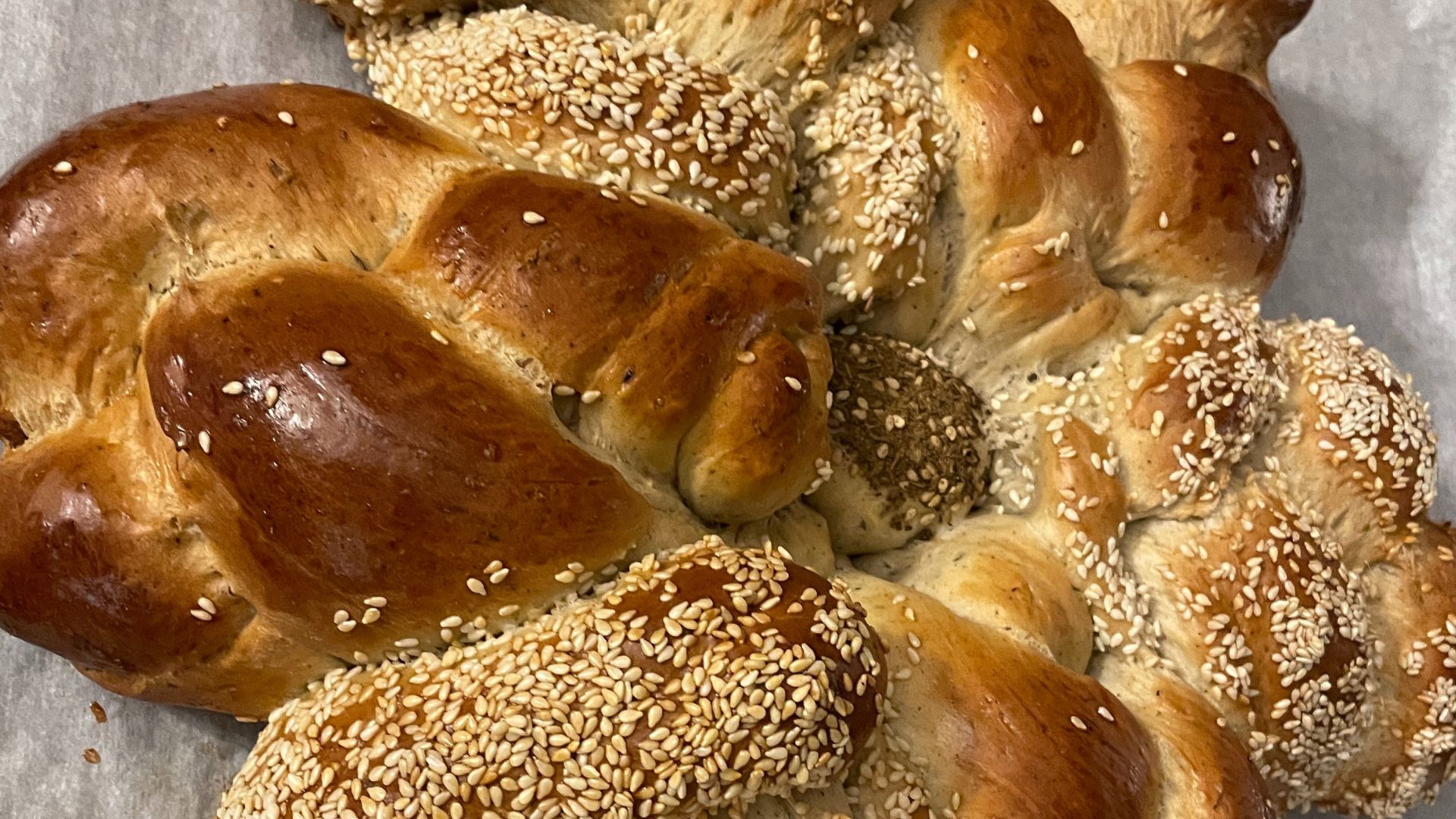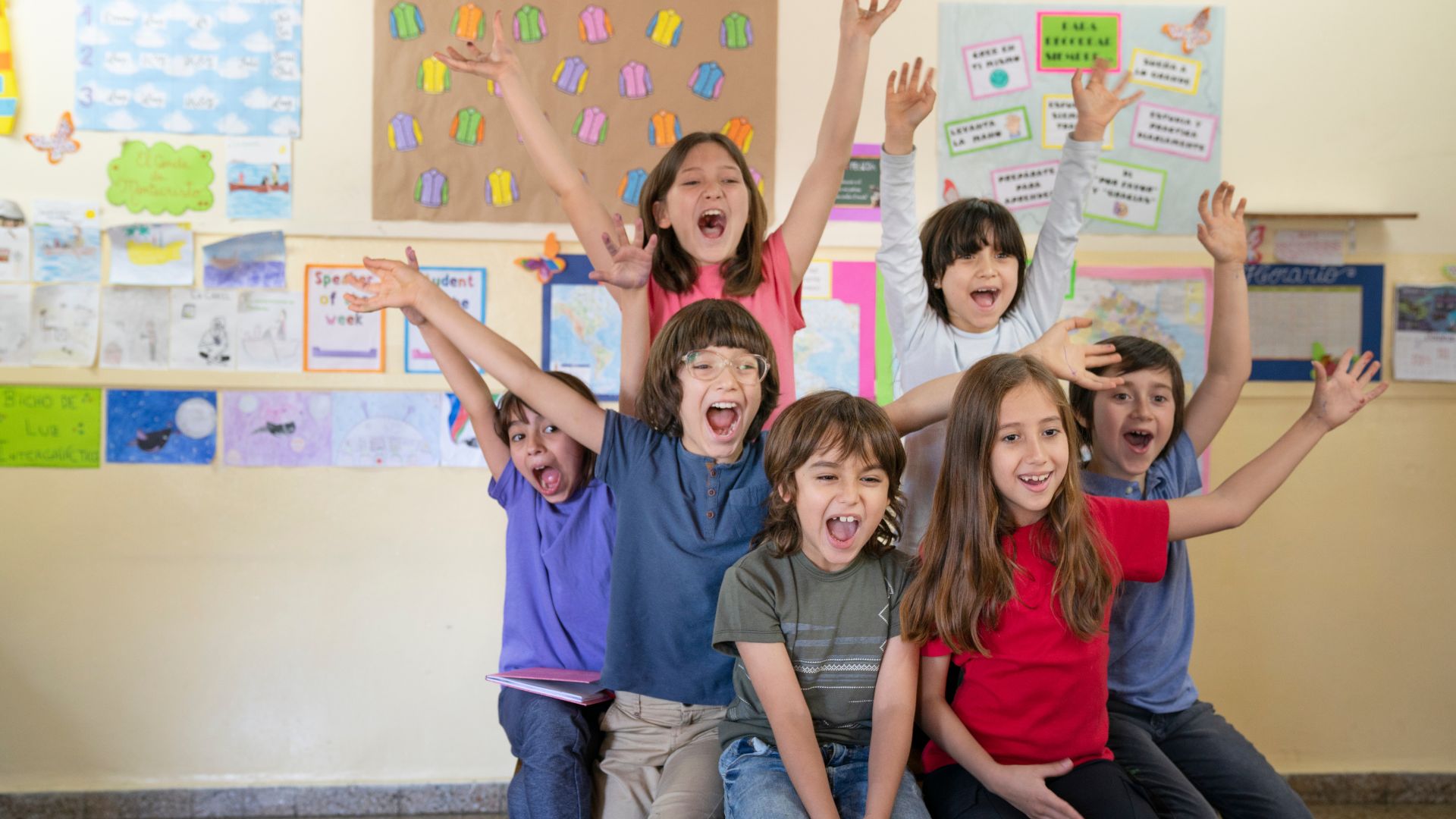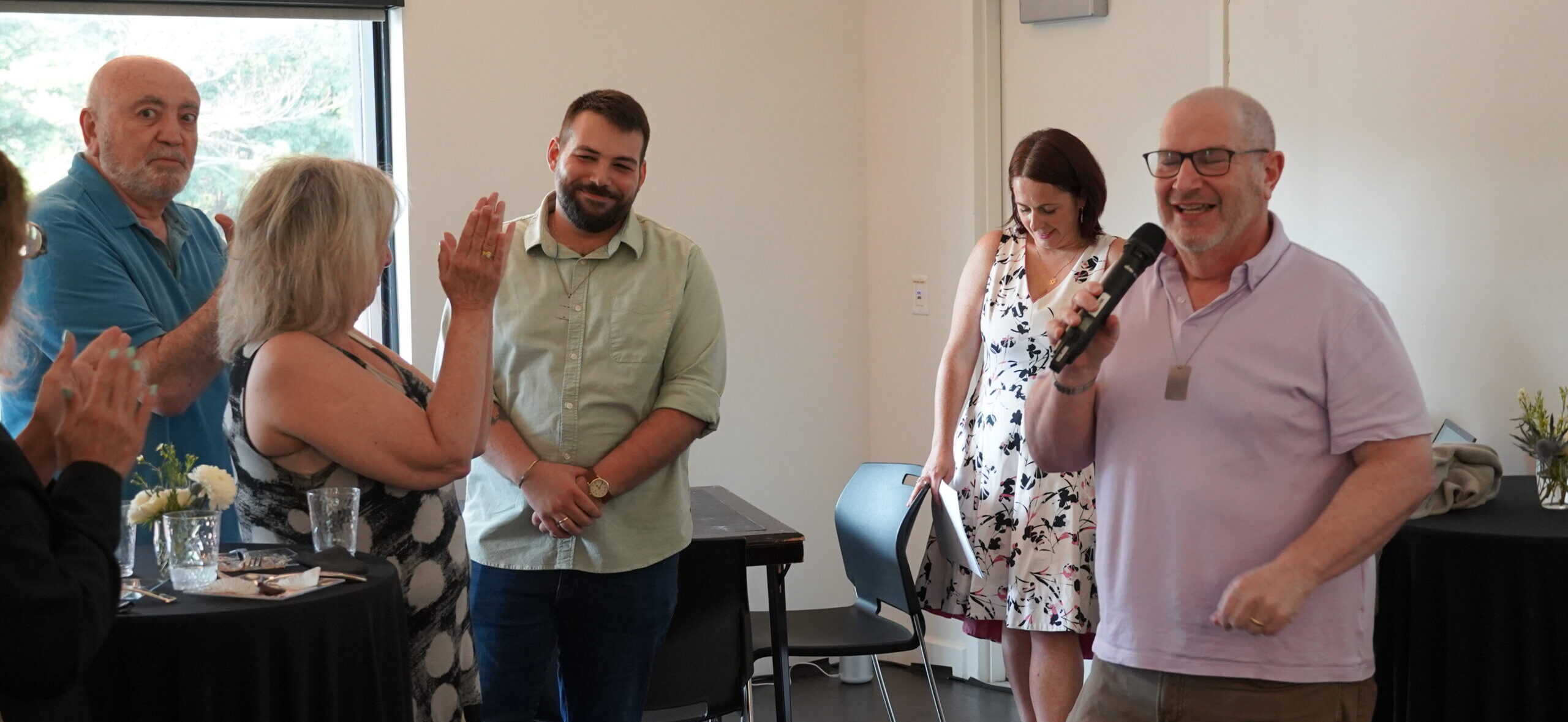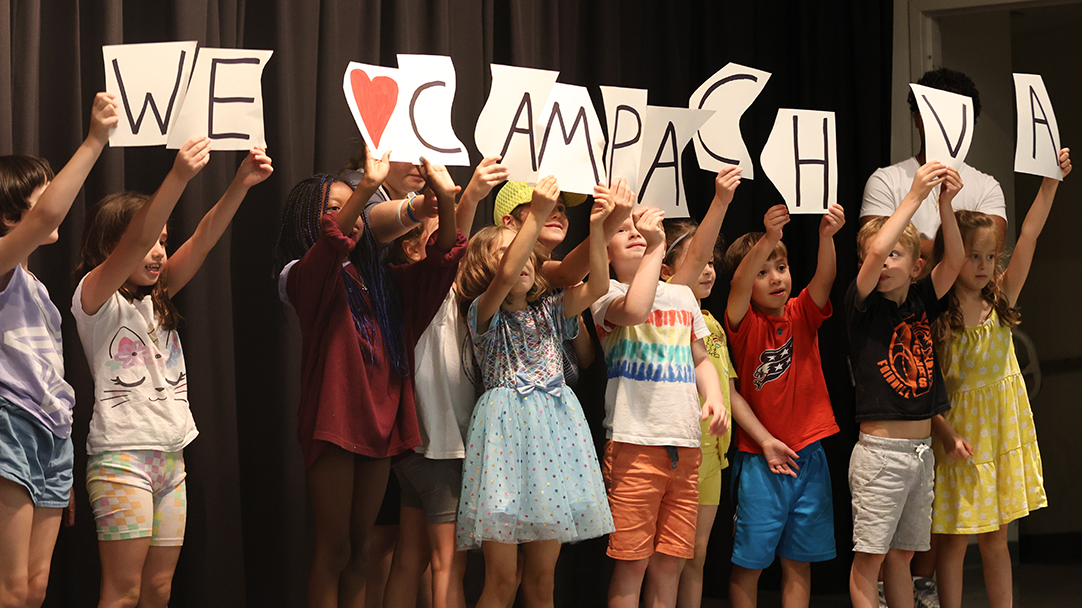This was my last week at work. The time to conclude my three-year Shlichut has come.
When my wife Rotem and I first arrived in 2022, it took us a while to settle in. Getting to know the area, learning and understanding how things work, and figuring out what I am supposed to do as a Shaliach. If you remember the J’s staff member, Laurie Albert, she was the first to welcome us, making sure that we had cheese and orange juice in the fridge. I was amazed with the level of detail the JCC went to make sure we felt at home from day one. And we felt very welcomed.
Then came the time to start learning all the different parts of the JCC, and the other community organizations. And there are a lot! In the past three years, I’ve visited more synagogues than throughout my entire life! I was, and still am, fascinated by the differences and similarities of practicing Jewish life here and in Israel. It felt as if it was new, but at the same time familiar. A glance into the life of my grandparents who all immigrated to Israel themselves.
A mixture of feelings indeed. And in all, was a strange bitterness. When I was thinking about what I wanted to talk about throughout my tenure, or which programs I should host, I felt like they had to be connected to parts of my identity. And unfortunately, many of those parts are not very cheerful and bright. Growing up feeling like I didn’t belong, having a very difficult military service and a professional career in the political world. Those are heavy topics that aren’t so inviting.
I’ve discovered that what I am good at – an honest and open conversation, and a lot of empathy because of my background – is actually appreciated. It is unique because it is not just “Happy, happy falafel,” but also heavy and complex stuff. And the responses were encouraging. As you can imagine, the two years that followed, emphasized the importance of that.
And then October 7th happened. And as difficult as it was, and it was, I saw something unprecedented. Jewish organizations from all denominations came together for one goal – supporting Israel. It was hard to see it as a silver lining, but it was fascinating. And I’ve realized something. In a Jewish world that is extremely diverse, and each one does Jewish differently, Israel is something we all have in common. I was blown away by the amount of support. Definitely not always in agreement, but it is something in common.
Putting those pieces together with the JCC’s mission to be a connector, we’ve realized that the connection to Israel is one of the pillars that supports the foundation of a Jewish community. Some are more supportive than others, some more critical, but all believe it is a viable piece of their Jewish life, each for it’s own reasons. And to me, that was a clear message of what a Shaliach at the Pozez JCC should “Do”… help establish it as a communal pillar. And the further we move from October 7, the further we move from that strong feeling of unity we first felt, but it’s still there. And we need to keep working hard to make sure the kindle stays lit. It must be our priority.
I have grown and matured with this community in the past three years. What a journey, a challenge, and a privilege it has been to be a Shaliach in Northern Virginia. I will miss it dearly.
It could only be possible thanks to the Pozez JCC for hosting us and the JCC staff for taking care of us.
Thank you to The Jewish Federation of Greater Washington and The Jewish Agency for Israel for being a part of this amazing project. And thank you to all the amazing partners we have in the community.
And most important, thank you to my amazing wife Rotem for agreeing to such an adventure.
I want to wish Behatzlacha (Good luck) to Chen Sarah, my successor, for taking on the adventure and being the next Shlicha for the community. I am sure you’ll take good care of her, and she’ll do great things.
Todah Rabbah, L’Hitraot, and I’ll see you in Israel!
If you want to reach me, my personal email is DeanBagdadi@gmail.com.
B’Haaracha (with great respect),
Dean











